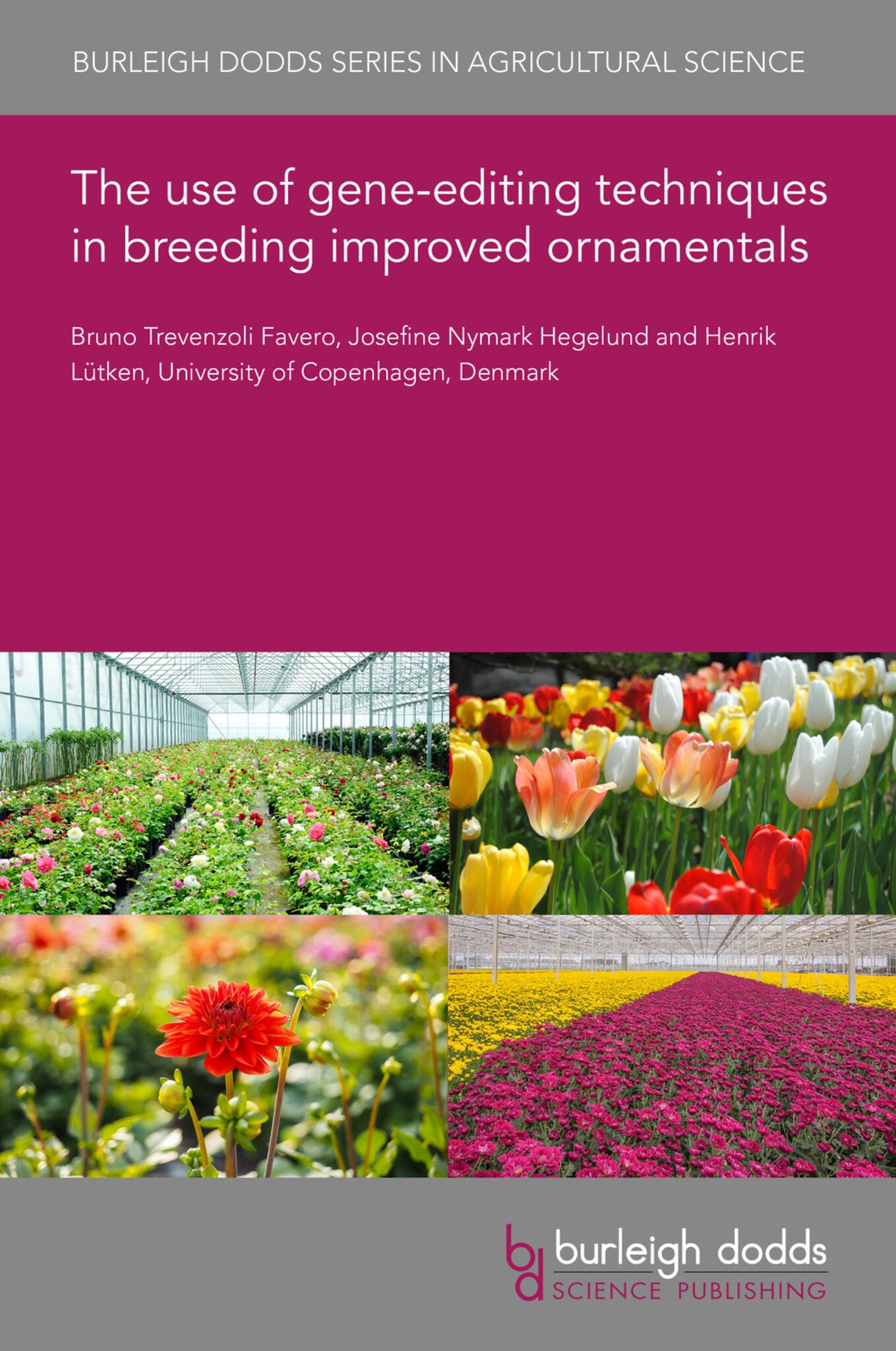We're sorry. An error has occurred
Please cancel or retry.
The use of gene-editing techniques in breeding improved ornamentals
Regular price
£25.00
Sale price
£25.00
Regular price
£25.00
Unit price
/
per
Sale
Sold out
Re-stocking soon
The aim of ornamental plant breeding is developing novel cultivars with new and improved traits. Innovation in this field has increased with the advent of precise genome editing. These techniques u...
Read More

Some error occured while loading the Quick View. Please close the Quick View and try reloading the page.
Couldn't load pickup availability
- Format:
-
27 April 2020

The aim of ornamental plant breeding is developing novel cultivars with new and improved traits. Innovation in this field has increased with the advent of precise genome editing. These techniques use nucleases to guide site directed mutagenesis e.g. the Clustered Regularly Interspaced Short Palindromic Repeats nuclease-associated systems (CRISPR). CRISPR has accelerated the pace of studies, specifically due to its relative simplicity. An advantage is the potential of no foreign DNA remaining in the targeted species. This chapter focuses on reducing ethylene sensitivity in the potted plant Campanula portenschlagiana as a case study by mimicking a naturally occurring mutation in the transcription factor, EIL2, from C. medium. The CRISPR system provides many novel applications not previously available and consequently the expectations are high. In respect to this, legislation is pivotal and the technology is not equally perceived around the globe.

Price: £25.00
Publisher: Burleigh Dodds Science Publishing
Imprint: Burleigh Dodds Science Publishing
Series: Burleigh Dodds Series in Agricultural Science
Publication Date:
27 April 2020
ISBN: 9781786767189
Format: eBook
BISACs:
SCIENCE / Life Sciences / Horticulture, Commercial horticulture, TECHNOLOGY & ENGINEERING / Agriculture / Sustainable Agriculture, Botany and plant sciences, Sustainable agriculture

1 Introduction 2 Applications in horticulture: a case study on Campanula 3 Prospective uses and regulation of ornamental plants 4 Conclusion 5 Acknowledgements 6 Where to look for further information 7 References



